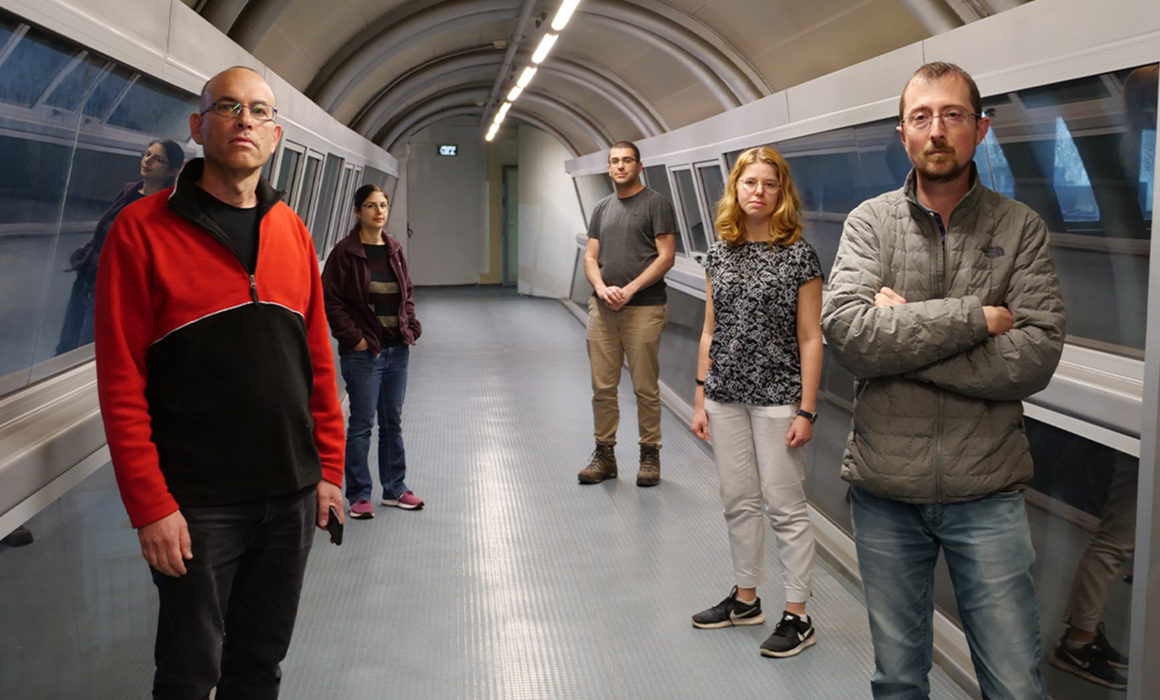The best way to stop the spread of the coronavirus is by identifying carriers and keeping them away from healthy people. That requires testing — and a lot of it.
Researchers at the Technion and Rambam Health Care Campus are undergoing a final validation of their “pooling” test, which would dramatically increase testing capacity and speed. They hope the test will be available for widespread use by winter, when people could be suffering from a second wave of coronavirus, or a combination of COVID-19 and the flu.
“In winter, a lot of people will have respiratory diseases and will really want to know if they have SARS or something else,” said Technion researcher Dr. Idan Yelin. “There are going to be a lot of people being tested — even more than now — and we will need this.”
The team is led by Technion Professor Roy Kishony, the Marilyn and Henry Taub Chair in Life Sciences, and the director of the Lorry I. Lokey Interdisciplinary Center for Life Sciences and Engineering.
The new method, announced in March, advances PCR molecular testing common for COVID-19 by analyzing dozens of people simultaneously. Samples from saliva or throat and nose swabs are grouped into one batch and undergo a single test. If the group comes back negative, no further testing is needed. Individual testing would only be necessary when the pool comes up positive. Pooling is most beneficial in communities with a relatively low incidence of coronavirus because fewer positive results would emerge.
Currently, Israel is screening an average of 25,000 people per day, and as of July 19, the U.S. was testing more than 750,000 people daily, according to Johns Hopkins University & Medicine. The pooling method would test more people rapidly — a requirement for allowing the economy to reopen. The new approach would also save on chemical reagents and other equipment that has been in short supply.


